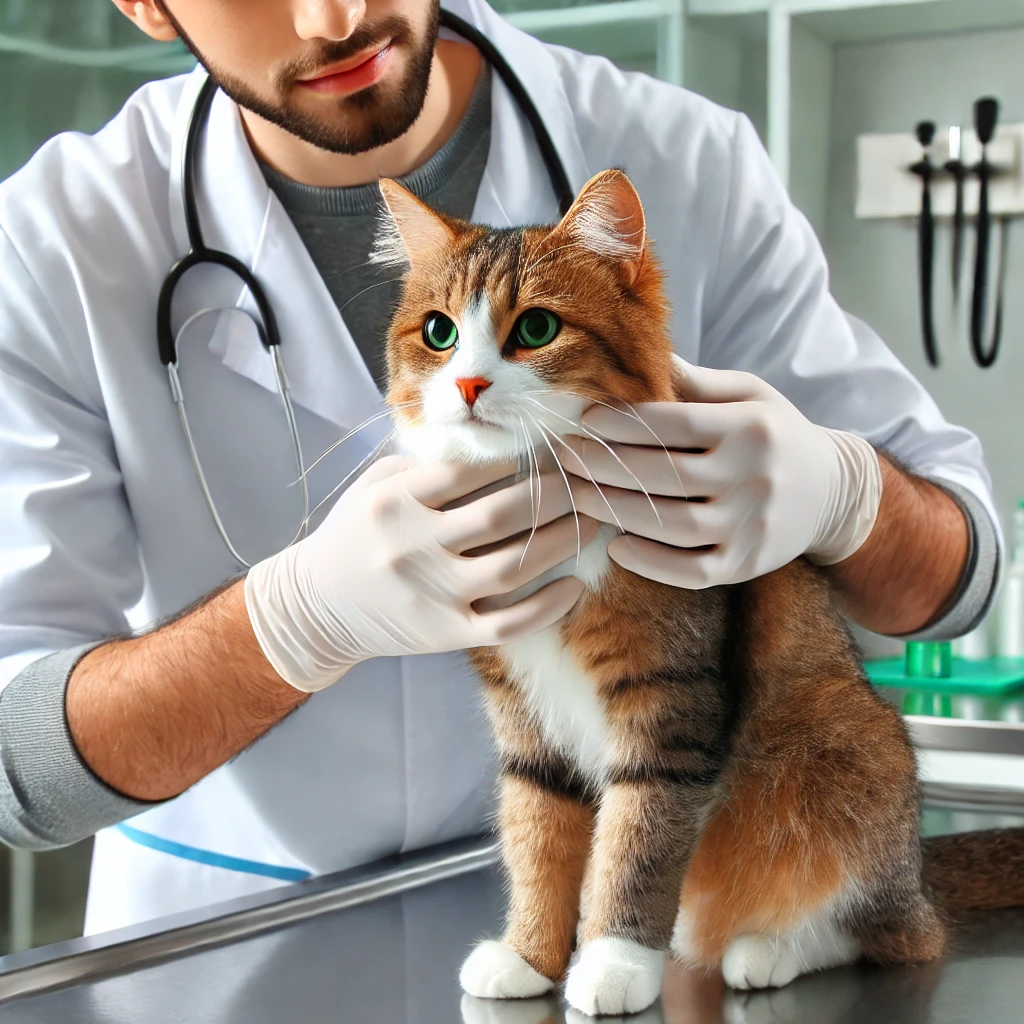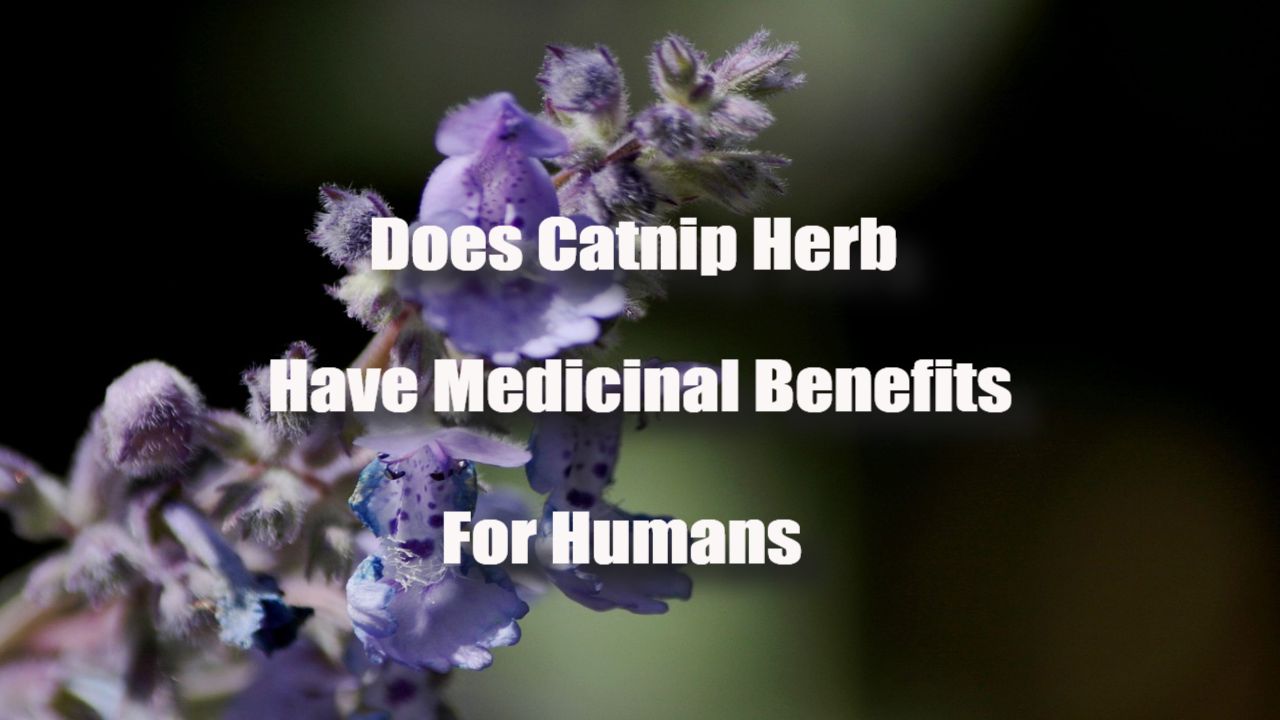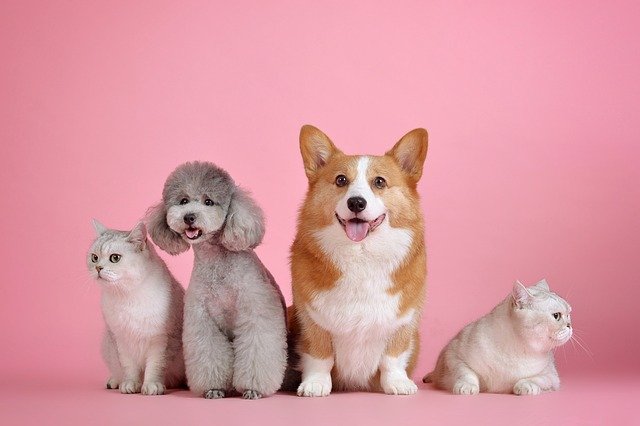Dental Care For Cats Why It’s Important
Contents
Why Your Cat Needs a Dentist More Than You Think!
Dental Care For Cats Why It’s Important: Cat owners often overlook their furry friend’s dental health, unaware of its importance. Like us, cats need their chompers in top shape for their well-being. The anatomy of a cat’s mouth is complex, with sharp teeth designed for tearing and cutting. When dental issues arise, it can wreak havoc on their health.
Dental disease is no small concern. Studies show that many cats experience dental problems at some point. This can range from mild tartar buildup to severe gum disease and tooth loss. And guess what? These issues don’t just stay in the mouth. They can lead to serious complications, affecting the heart, liver, and kidneys.
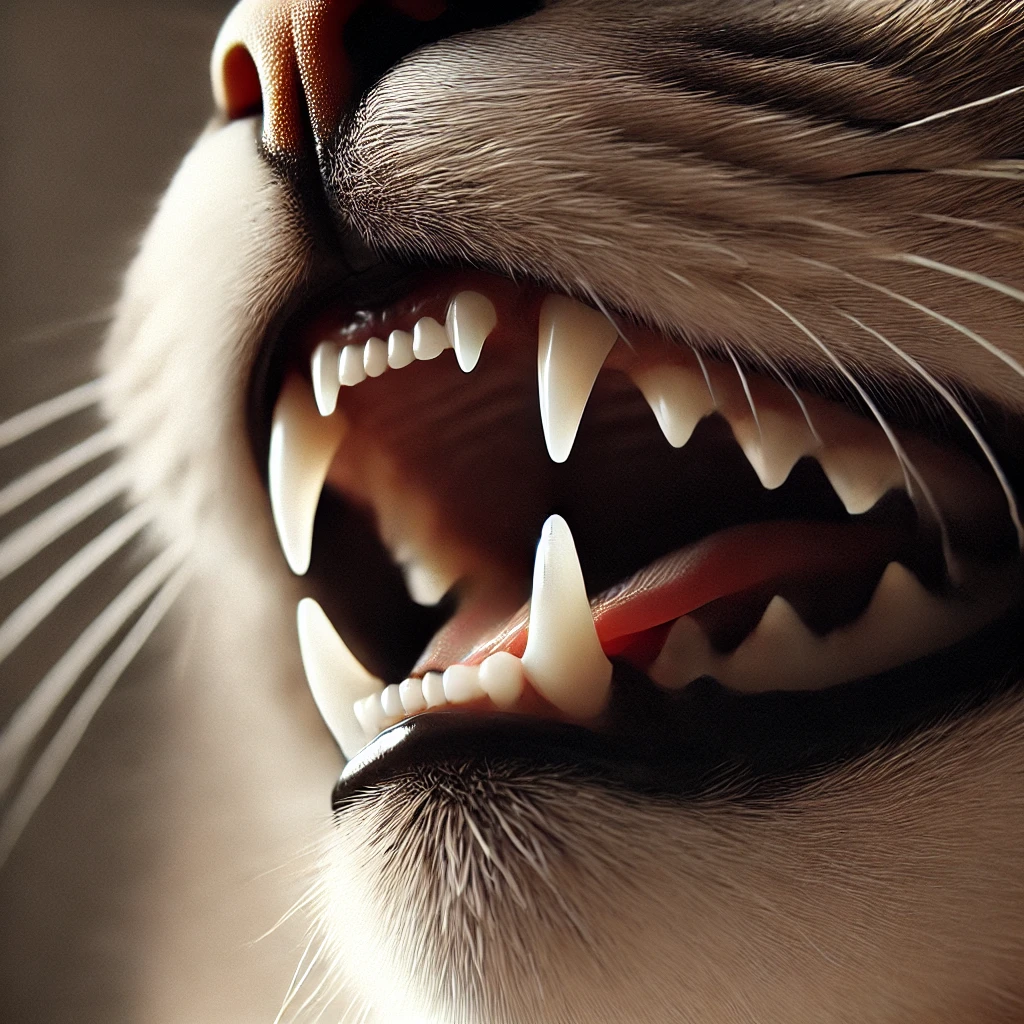
Understanding these risks is key. When a cat suffers from dental disease, the bacteria from infections can enter the bloodstream and spread throughout the body. In severe cases, this can lead to chronic conditions, drastically impacting their quality of life. That’s why watching those pearly whites and gums is super important.
Recognizing Dental Problems in Cats
Spotting dental problems in your cat might not always be straightforward, but there are some telltale signs. If your kitty starts eating less or avoiding their favourite kibble, it’s a classic red flag. Drooling, bad breath, and bleeding gums indicate something’s not quite right in the mouth department.
Cats are masters at hiding pain, which makes detecting dental distress even trickier. Watch for behavioural changes like crankiness, reluctance to play, or a sudden interest in pawing at their mouth. These can all be subtle hints that your feline friend is experiencing discomfort.
Regular vet visits are an essential part of maintaining dental health. A skilled vet can spot issues that aren’t obvious to the naked eye during a routine check-up. Having these problems caught early means they can be treated before becoming more serious.
Consider the story of Mittens, a sprightly tabby who seemed perfectly healthy until a vet check revealed advanced dental disease. With quick action, Mittens avoided serious complications. Stories like this highlight the importance of not dismissing regular check-ups, even when your cat seems fine.
Creating an Effective Dental Care Routine
Starting a dental care routine for your cat may seem daunting, but it’s easier than you’d think with the right tools and patience. First off, finding the right products is crucial. Specially designed cat toothbrushes and toothpaste are your go-to. Don’t use human toothpaste—it’s a no-go for kitties.
Once you’ve got your gear, the next step is a slow introduction. Cats don’t usually warm up to having their teeth brushed overnight. Start by letting them taste the toothpaste, making it a fun experience. Gradually introduce the toothbrush by gently massaging their gums with your finger to get them accustomed to the sensation.
Professional cleanings by your vet should play a part in the routine tailored to your pet’s needs. Vets can perform deep cleanings and address any issues that your at-home care misses. This partnership significantly contributes to the overall dental health plan.
For those wondering how to deal with a cat who’s not too keen on the whole brushing idea, remember, patience is your best friend. Use treats as rewards and keep sessions short and sweet. Over time, your cat will settle into the routine, making it a stress-free part of their day.
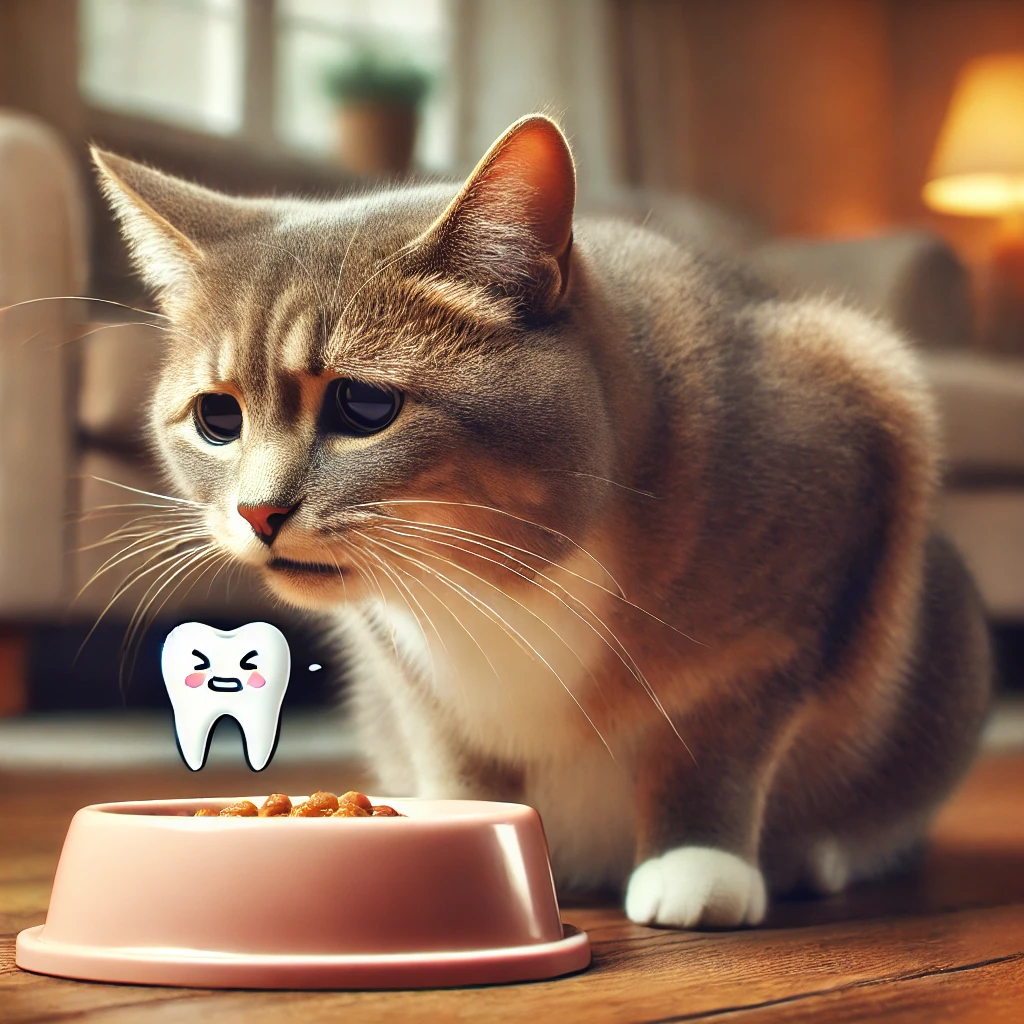
The Role of Diet and Nutrition in Cat Dental Health
Diet plays a significant role in maintaining your cat’s dental health. You’d be surprised how the proper nutrition can help keep those teeth strong and the gums healthy. Certain foods are designed to help reduce plaque and tartar buildup, giving your cat a mini dental cleaning with each bite.
When choosing food, look out for dental-specific options. These products often have a texture that aids in cleaning teeth and can make a real difference. It’s almost like a tasty workout for their mouth. But remember, while these foods are helpful, they’re not a stand-in for regular dental care.
Avoid feeding your cat sticky or sugary treats that can stick to their teeth and lead to decay. Instead, choose treats formulated to be delicious and beneficial for their dental health. Think of them as little helpers working behind the scenes.
Integrating dental-friendly foods into your cat’s diet doesn’t have to be tricky. Mix some new food with the old to see how they react. Always consult with your vet to ensure that the changes in diet meet your cat’s nutritional needs while supporting their dental health.
